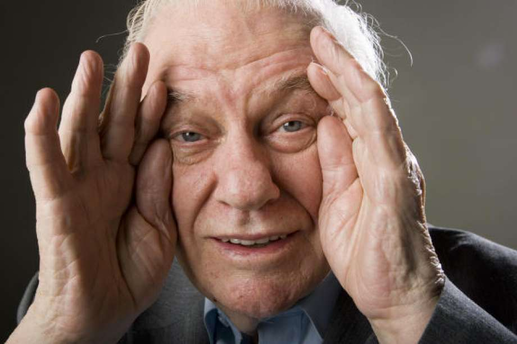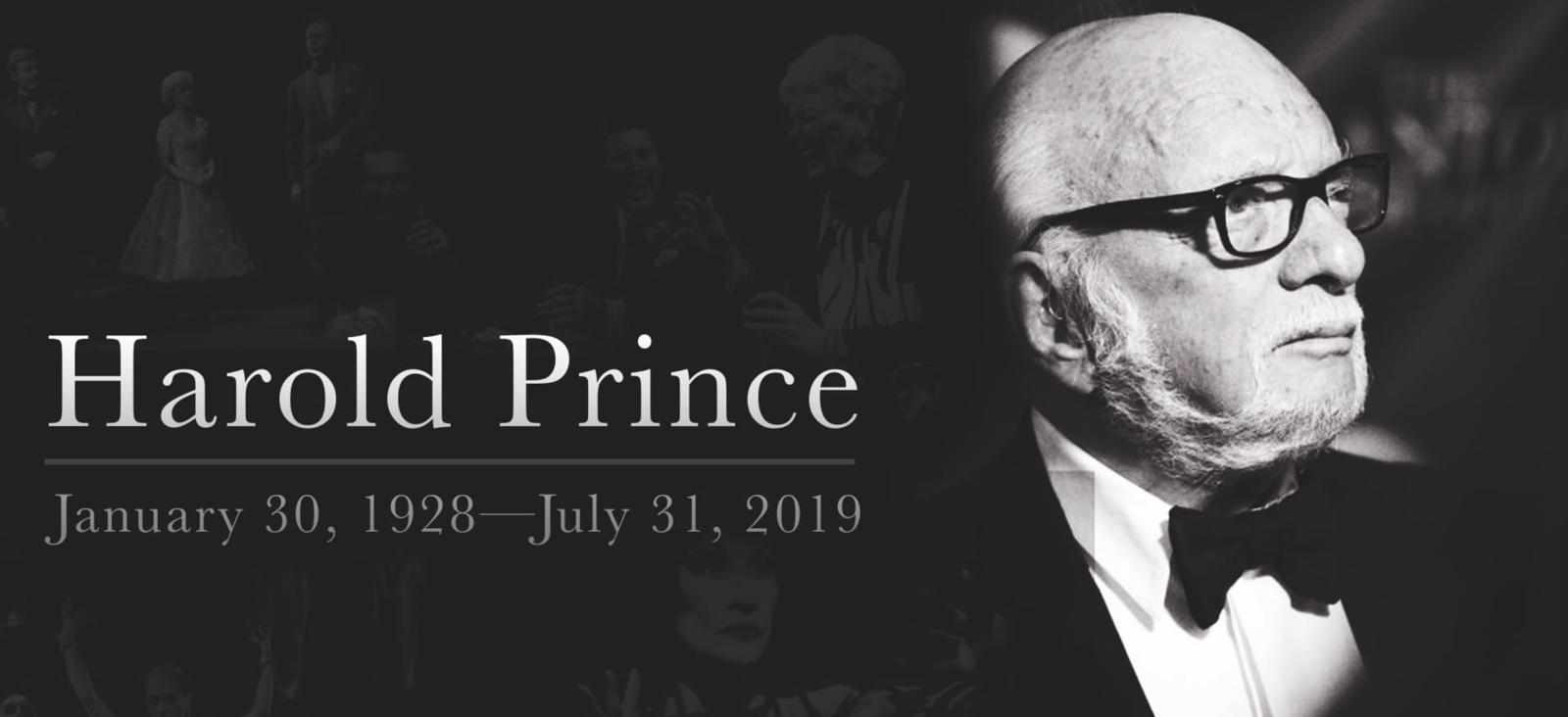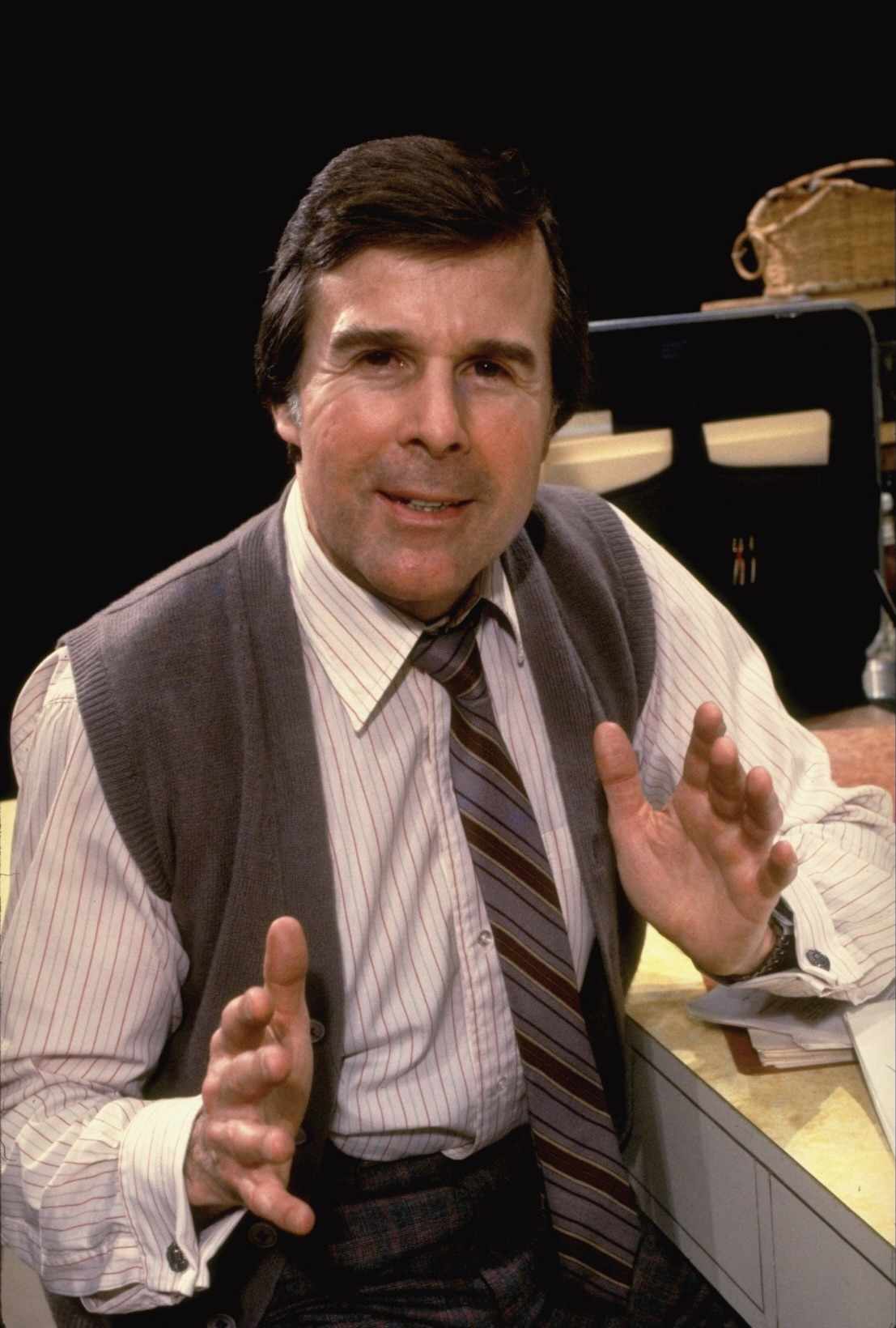
October 9, 2024: Theatre Yesterday and Today, by Ron Fassler
Amongst the legendary stories of Broadway shows that have replaced a cast member or two along the way, few top the body count of the 2003 revival of Little Shop of Horrors. It was a scenario that played out in a snowball effect that led to “We're getting rid of everybody!”
The original production of the Howard Ashman/Alan Menken musical ran off-Broadway in the same theater for five years between 1982 and 1987. The reviews it received were of the sort that ordinarily prompt a move uptown, but the team felt that one of the things that made it work so well was where it played; the Orpheum, a tiny theater on Second Avenue that seats 299 people (later, Stomp would sit there for close to twenty years). Little Shop fit in that space perfectly, replicated in the 2019 revival at the Westside Arts Center at 43rd and Ninth, where it’s been running since 2020 (with an eighteen-month break for the Covid shutdown). Smart in its use of name replacements in the roles of Seymour and Audrey, its success to date argues the case proof positive that Little Shop thrives best in an off-Broadway house.

But in 2003, a group of producers thought Broadway could use a jolt of the comedic menace the Little Shop has to offer, with perhaps a whole new audience in the mood for an $8 million update ($13 million in 2024 dollars). Constance Grappo, who had assisted Howard Ashman on the original, was signed to direct and assembled a fine cast: Hunter Foster (Seymour), Alice Ripley (Audrey), Reg Rogers (Orin the Dentist), Lee Wilkof (the original Seymour, now playing Mr. Mushnik) and Billy Porter as the voice of Audrey 2 (the man-eating plant). To add a little romance to the mix, Grappo and Wilkof had met on the original production and married shortly thereafter.
Prior to its out-of-town run in Florida, Hunter Foster, who left his starring role in Urinetown to play Seymour, spoke to the press about Little Shop in glowing terms. “Ninety-nine percent of it works. It works in regional theatre, in community theatre, even if the sets aren’t great and the plants are schlocky. It’s fun, seamless. There’s no fat on it.”
And yet, once the show was up and on its feet, something was wrong. The reviews weren’t that bad, but the producers were unsatisfied. They couldn’t quite put their finger on what was missing, the result of which was they didn’t point any fingers. “It would be easy to say the fault lies in the direction,” said Tom Viertel, one of its lead producers, “but there is no simple answer for why the show didn’t work. In the long run, we, the producers, are the responsible parties. The buck stops here.”
Jerry Zaks, with a strong reputation as a fixer for troubled musicals, was brought in to replace Grappo as director. One of the conditions, upon which he agreed to take over was that any changes he saw fit were his alone to make. Spared one such decision, Lee Wilkof exited on his own accord, in solidarity with his wife’s firing. After that, the contracts for the rest of the cast—all the principals and the three chorus women—were not picked up. The only ones spared the ax were the offstage puppet manipulators.
Postponed from July to October for its opening at the Virginia Theatre (renamed two years later for August Wilson), the new cast assembled included Michael-Leon Wooley for Billy Porter as the voice of Audrey II, Kerry Butler as Audrey; Rob Bartlett as Mushnik, and Douglas Sills as Orin. Limited travel was required for Butler as all she had to do was cross the street from her gig at the Neil Simon where she was finishing up her first year as the original Penny Pingleton in Hairspray. “There were a lot of the same producers involved with Little Shop as Hairspray, so I got a call to audition when they were looking to replace that first cast,” she told me in a 2023 interview. “I also knew Alan Menken since I’d opened the Toronto production of Beauty and the Beast, which I later did on Broadway. I remember reading with Hunter Foster and then getting the offer.”
Yes, Butler read with Foster, who had to re-audition for Seymour.

“I didn’t have a problem coming back and auditioning,” Foster explained in 2024 interview with me. “I’ve been in the business a long time and if you’re going to get caught up in ego that can be your worst enemy. At the end of the day, all that matters is I played that part on Broadway and was up for a Tony for it. Does it matter that I had to go in and audition for it again? No. You just have to do what it takes. I never felt like I was owed anything. I think there’s a new thought that is ‘I’m owed this and I’m entitled to have this,’ and I’ve never been that person. I would rather work to get something than be handed something.”
And work he did. Being let go with the rest of the cast was hurtful but Foster smartly made the choice to win the role back, cagily figuring out something that might help his audition in a positive way.
“I caught wind that they were really high on Kerry Butler, so I sort of strategically planned it out with my agent—since they had asked me to come in at any time on this one particular day—to find out exactly when Kerry is coming in. And I showed up and there’s Kerry and it’s like ‘Hey’ and ‘Hi,’ and sure enough they were like “Why don’t you guys come in together?’”
Starting rehearsals all over again from scratch with a new director and a new cast was a strange feeling for the actor. “Yes, there was definitely a little survivor’s guilt, for sure,” Foster said. “But remember, we had all struggled in Florida. It’s not like it was smooth sailing; there was real trouble down there. The cast did get along and we wanted to do well, but we all knew that the show wasn’t working. We thought this is what out of town is supposed to be and we’ll fix it later when we’re in New York. And we weren’t worried about that, but you can just tell when the producers aren’t happy. Human instinct just takes over and we knew something could happen. But we were pretty shocked when it did.”

Opening night critics were mixed on the merits of this expanded Little Shop. “Bloated and relentless,” wrote Howard Kissel in the New York Daily News. “Super sized for Broadway . . . the entire company pitches its performances to the furthest reaches of the 1,300-seat Virginia,” observed Michael Sommers in the New Jersey Star-Ledger. And in a portent of things to come, Linda Winer in Newsday commented that “There are more producers listed above the title than there are actors on the stage.” Still, it managed to hold on for a month shy of a year on Broadway, though it certainly lost money. And at the 2004 Tony Awards, it couldn't muster a nod in the Best Revival category; its sole nomination going to its ultimate survivor, Hunter Foster.
Please keep an eye out for my new book, The Show Goes On: A History of Broadway Hirings, Firings and Replacements, available this winter. Click the blue "follow" button here to keep apprised of updates on its publication.





















Write a comment ...